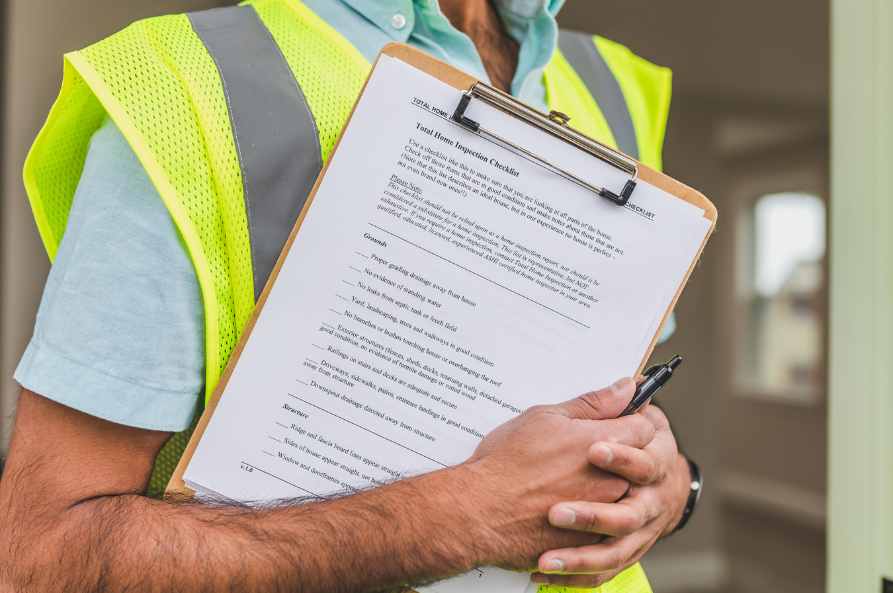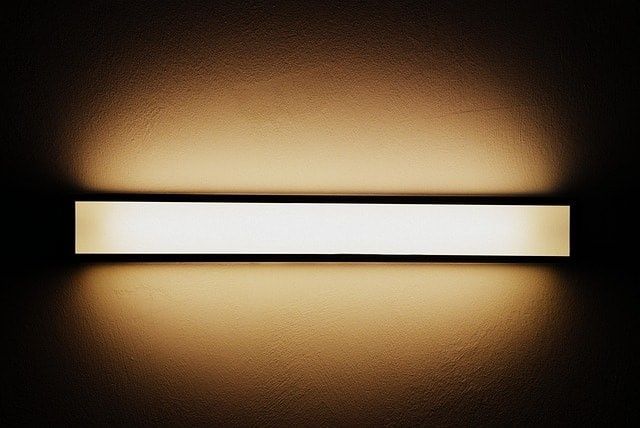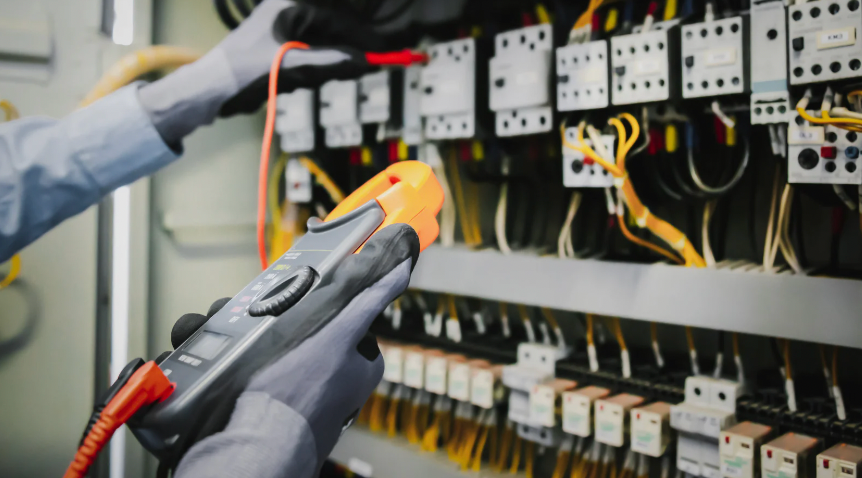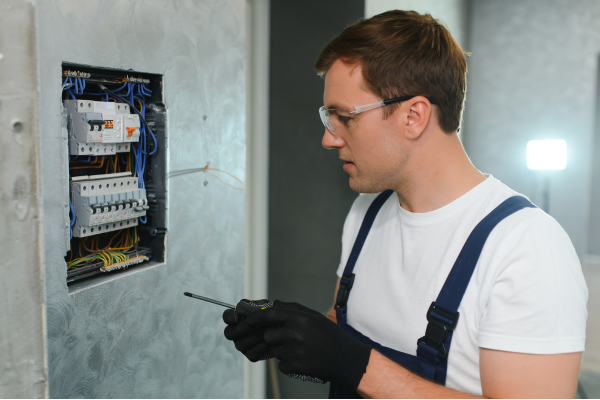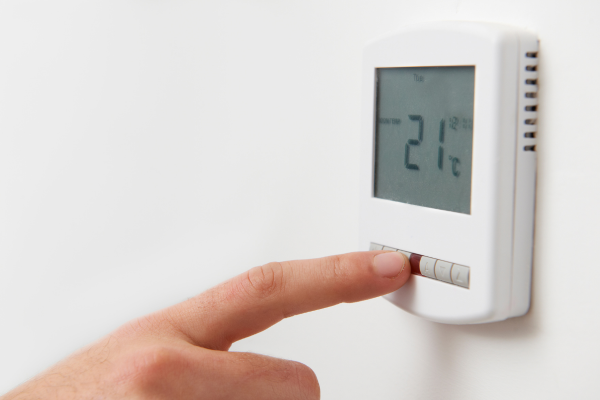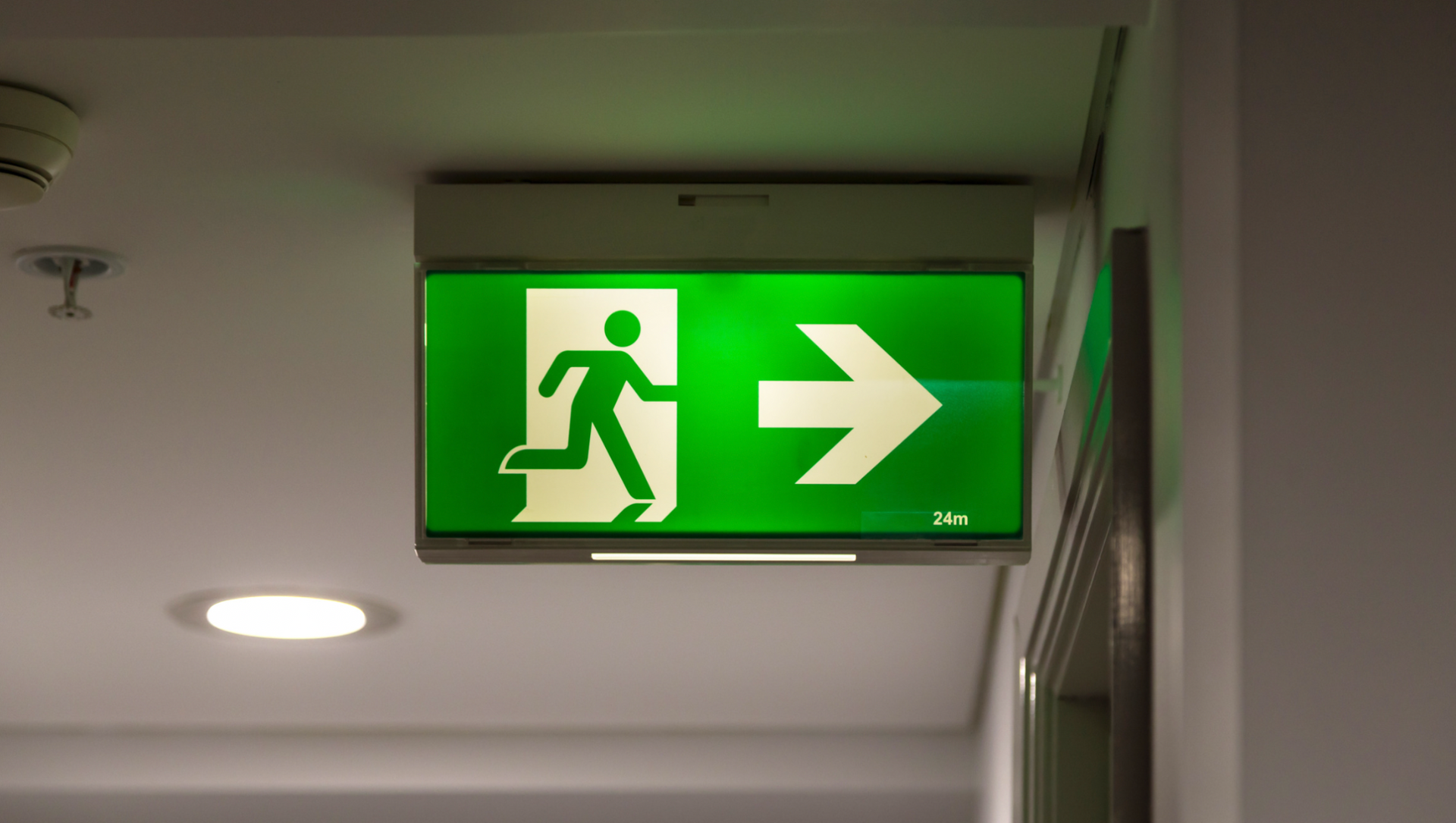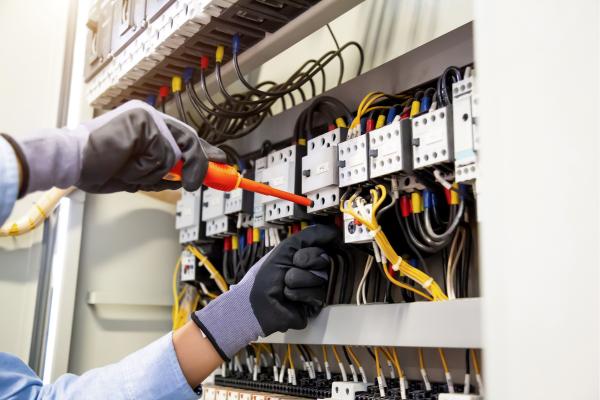
Why Your Home Needs a BS7671 Electrical Safety Certificate
Have you ever wondered why your home needs a BS7671 Electrical Safety Certificate? Whether you're a homeowner, landlord, or looking to sell your property, understanding the significance of this certificate is essential. This article explores why obtaining an Electrical Safety Certificate is crucial, especially in the UK, where safety standards for electrical installations are highly regulated. It also delves into the legal requirements and how this certificate protects your property and those living there.
What is a BS7671 Electrical Safety Certificate?
A BS7671 Electrical Safety Certificate, often called an Electrical Installation Certificate or Electrical Installation Condition Report (EICR), is a formal document that certifies a property's electrical installations comply with the UK's national standards. These standards are set out in the IET Wiring Regulations (BS7671) and regularly updated to reflect the latest safety requirements.
Importance of the Electrical Safety Certificate for Homeowners
Why is an Electrical Safety Certificate necessary? The answer lies in ensuring that your property is free from electrical hazards. Electrical installations can deteriorate over time if not maintained, increasing the risk of electrical faults, fires, and electric shocks. A BS7671 certificate assures that your electrical systems are up to date and meet current safety standards.
Legal Necessity of a BS7671 Certificate
In the UK, having a valid BS7671 Electrical Safety Certificate is not just about safety; it's a legal requirement. Homeowners and landlords must ensure that their electrical installations are regularly inspected and certified by a qualified electrician. Failing to have a valid certificate can lead to legal prosecution, fines, and even problems with insurance companies.
How Electrical Safety Certificates Ensure Compliance with Building Regulations
An Electrical Safety Certificate guarantees that the electrical installation in your home complies with the UK Building Regulations. These regulations ensure that any electrical work in a property meets strict safety standards. Whether a new installation or modifications to an existing circuit, compliance is mandatory to avoid legal issues and ensure safety.
Who Issues the BS7671 Electrical Safety Certificate?
Only a qualified and registered electrician can issue a BS7671 Electrical Safety Certificate. These professionals are trained to conduct thorough inspections, test electrical systems, and provide a certificate confirming the installation complies with the necessary safety regulations. Look for electricians registered with the National Inspection Council or other accredited bodies to ensure they are qualified to issue these certificates.
Electrical Installations and Their Compliance with BS7671 Standards
Electrical installation work overview
Electrical installation work refers to any new installations, repairs, or upgrades made to a property's electrical systems. Ensuring that electrical installation complies with BS7671 is crucial, as this standard outlines the necessary steps to reduce risks like electric shocks or fires.
The domestic electrical installation certificate is explained.
A Domestic Electrical Installation Certificate is provided when electrical installation work is completed in a home. It certifies that the electrical work aligns with UK regulations, offering property owners and buyers peace of mind.
What Is an Electrical Installation Condition Report (EICR)?
An Electrical Installation Condition Report (EICR) is an essential document that provides an in-depth evaluation of an existing electrical installation. It highlights potential hazards, deterioration, or deviations from current wiring regulations. The EICR also recommends remedial work if required and specifies the next inspection date.
Common Electrical Safety Standards in the UK
Key regulations: Wiring regulations, IET wiring regulations, and more
The IET Wiring Regulations (BS7671) set the foundation for electrical safety in the UK. These regulations cover everything from electrical wiring to protective devices and distribution boards. Homeowners must ensure that their electrical installations comply with these standards to avoid safety risks.
Why qualified electricians are vital for issuing safety certificates
Hiring a qualified electrician to perform electrical installation work or inspections ensures that the work complies with the relevant safety standards. Only registered electricians can provide the certification required to meet legal requirements and offer peace of mind.
Potential Electrical Faults That Could Arise Without Certification
Electrical fires
Electrical systems may only comply with safety standards with proper certification, increasing the risk of electrical fires. Faulty wiring and circuits are among the leading causes of such fires.
Electric shocks and their consequences
Electric shocks are another hazard that can result from uninspected or uncertified electrical systems. A BS7671 Electrical Safety Certificate ensures that the electrical installation in your home is safe and protects you from potential risks.
How BS7671 Certification Protects Your Home and Family
Obtaining a BS7671 Electrical Safety Certificate is essential in protecting your family from the dangers of faulty electrical systems. It ensures that your home meets the required safety standards and reduces the risk of fires, shocks, and other hazards.
Peace of Mind for Property Owners and Potential Buyers
For property owners, having an up-to-date electrical safety certificate provides peace of mind that their home is safe. This certificate can reassure potential buyers that the property they are purchasing meets legal and safety requirements.
The Role of Regulatory Bodies in Electrical Safety
The role of the National Inspection Council
The National Inspection Council is a key regulatory body responsible for maintaining electrical safety standards in the UK. It oversees the registration of qualified electricians and ensures compliance with the latest wiring regulations.
Local authorities and compliance enforcement
Local authorities also play a role in enforcing compliance with electrical safety standards. They may require a copy of your electrical certificate when inspecting your property to ensure compliance with building regulations.
Consequences of Not Having an Electrical Safety Certificate
Legal prosecution and fines
Failing to obtain an Electrical Safety Certificate can result in legal prosecution, fines, or even legal proceedings. Property owners are legally obligated to ensure their electrical systems meet safety standards.
Insurance complications and denial of claims
Without a valid certificate, insurance companies may deny claims about electrical faults, fires, or damage caused by unsafe electrical systems.
Conclusion
In conclusion, a BS7671 Electrical Safety Certificate is essential for ensuring the safety of your home and family. It's a legal necessity and provides peace of mind that your electrical systems meet current UK regulations. By hiring a qualified electrician and obtaining the necessary certification, you protect yourself from the risks associated with faulty electrical systems and ensure compliance with legal standards.
FAQs
Is an Electrical Safety Certificate legally required in the UK?
Yes, having an Electrical Safety Certificate is legally required to comply with UK building regulations.
What happens if I don’t have a valid Electrical Safety Certificate?
With a valid certificate, you may avoid legal penalties, fines, and issues with insurance claims.
How often should I have my electrical installation inspected?
It’s recommended to have an inspection every 5-10 years or whenever significant electrical work is carried out.
Can I sell my property without an Electrical Safety Certificate?
Technically, you can, but it may lower buyer confidence and complicate the sale process.
Who can issue an Electrical Safety Certificate?
Only a qualified, registered electrician can issue a valid Electrical Safety Certificate.
What Our Clients Think
Our Testimonials


EV Charger in our garage & Fusebox With the associated wiring. He did a excellent job in ONE day He was friendly pleasant & helpful. I have no hesitation in recommending his company
Sunil

We've had the team work on two of our properties now, from more complex electrical working to spotlights. We've always been delivered with the service and quality! Would highly recommend if you're looking for a reliable service.
Lizzy Dring

Jordan was extremely professional from start to finish. Kept me updated as to when he would be able to come to save me hanging around all day and completed the certification quickly. Plus spotted that the fire alarms were out of date and managed to replace those on the same visit too
Chris White

Get in Touch
Get in Touch
We will get back to you as soon as possible.
Please try again later.
Whether it's a new light installation or rewiring in London, JRO Electrics is here to help.
Contact Information
Phone Number:
Email Us:
Quick Links
© Copyright 2025 | All Rights Reserved | JRO Electrics Ltd

